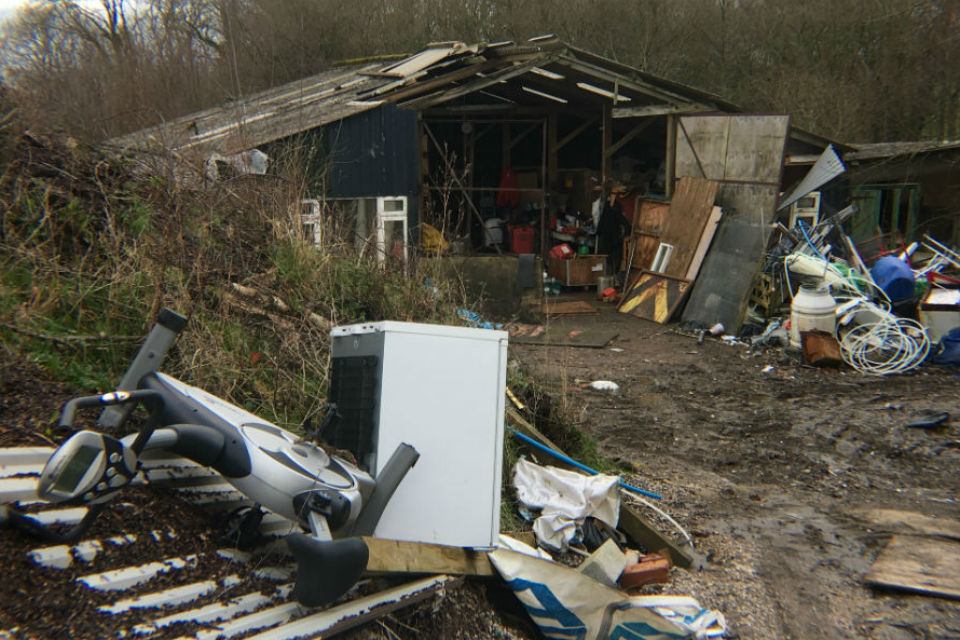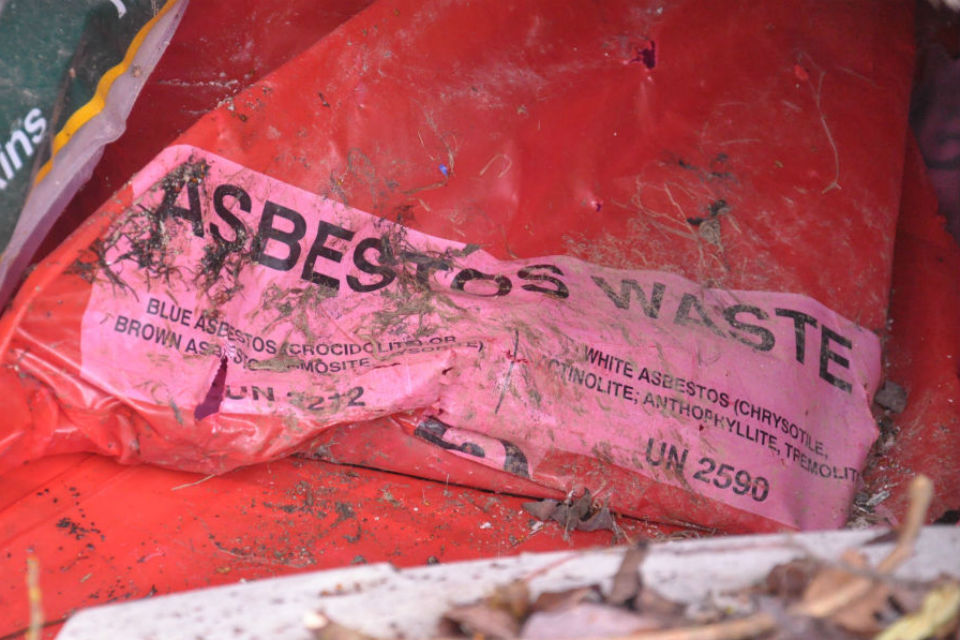- Funding will support charities and community groups to bring people together
- The money will go to support programmes that are proven to benefit individuals and society
- Hundreds of thousands of people will be helped to make connections in their communities
Charities and community groups will get £20 million of new funding to help isolated people and those suffering from loneliness, Prime Minister Theresa May said today.
The funding will go to support and expand programmes that bring people together and are proving to benefit communities.
This includes a new £11 million ‘Building Connections Fund’ that will be distributed to successful applicants that can help bring communities together. This will help make the most of local spaces, opening them up for community use, as well as help businesses and local services combat isolation. It will also fund projects that use technology to link those in remote areas and help improve transport connections to make face-to-face contact easier.
It will support groups to understand the impact of their work and share best practice about how to prevent loneliness.
The fund has been created as a partnership between the Big Lottery Fund and the government – who have equally pledged £5 million – and the Co-op Fundation, who has allocated £1 million to tackle loneliness among young people
In addition to this new fund, People’s Postcode Lottery has committed £5 million of players money to top up existing grants it has given to charities that combat loneliness. The Health Lottery will give out £4 million to charities that work to improve social links in disadvantaged areas across England.
Prime Minister, Theresa May, said:
Feeling lonely or isolated can have a profound and devastating impact on people’s lives – it can affect anyone of any age and from any background. But just as loneliness can affect any of us, so any of us can help to overcome it.
The new funding set out today will make a big difference, helping more people to establish and maintain connections. This will build on work already going on, including through the second Great Get Together this weekend, which will see people up and down the country celebrating the strength of their communities.
This is just part of Jo Cox’s legacy, and I am determined we continue to take this forward. That’s why we need to do all we can to tackle loneliness, and our forthcoming strategy will build on today’s funding.
Tracey Crouch, Minister for Sport and Civil Society, said:
Tracey Crouch, Minister for Sport and Civil Society, said:
This funding will support charities across the country that are fighting against loneliness. It will help improve people’s lives and create a shared society for the future.
I am incredibly grateful to our funding partners for their support. There is no single solution to this issue, but together we will reduce stigma around loneliness and build on Jo Cox’s legacy.
Funding applications for the Building Connections Fund will open from July 2018 with grants available until the end of December 2020.
ENDS
NOTES TO EDITORS
SUPPORTIVE QUOTES
Dawn Austwick, Chief Executive of the Big Lottery Fund, said:
As the largest funder of community activity in the country we support thousands of initiatives across the UK each year which enable people to build new friendships and celebrate community spirit. This sits at the heart of the National Lottery and we are delighted to partner with Government and the Co-op to deliver funding that will build a greater sense of belonging and happiness in communities.
Jamie Ward-Smith, Chair of the Co-op Foundation, said:
The Co-op Foundation is working to connect and empower 5,000 young people to tackle loneliness in their communities. Our new match funding partnership with the Government, announced today, will help us build on this, extending our network of partners and reaching even more young people. We believe youth loneliness is best tackled at community level, by working with young people to overcome the stigma around this issue and helping them shape their own solutions.
Allan Leighton, Chair of the Co-op, said:
The Co-op knows through its own research that loneliness is not the preserve of the elderly, it can affect people at different life stages. Through my involvement with the Co-op Foundation I’ve seen how it has brought attention to the widespread, but long-overlooked issue of youth loneliness. I’m delighted that the Foundation is partnering with the Government on the Building Connections Fund, to invest £2 million in projects that bring young people together, develop their skills and help them get more involved in positive activities. Through this we will learn more about what works in tackling some of the root causes of long-term loneliness, helping young people live healthier, happier lives.
Clara Govier, Managing Director of People’s Postcode Lottery, said:
Despite being more digitally connected than ever, we are facing a dire epidemic of loneliness with far reaching consequences for people’s health and mental wellbeing.’
Thanks to grant-giving trusts supported by supported by players of People’s Postcode Lottery, a £5 million fund has been created to benefit charities working towards more connected communities. This will tackle the issues behind loneliness which affect so many people across Great Britain.’
John Hume, Chief Executive for People’s Health Trust who distribute funds for the Health Lottery said:
Social connections not only have an impact on reducing the risk of dying younger but they can also help people to recover quicker when they do become ill. That is why it is so important to support marginalised local people and communities to come together and build social links and ties.
We’re grateful to players of the Health Lottery who have helped provide these vital funds and we’re looking forward to working with fellow funders and the Government in addressing this important issue.
Kim Leadbeater, Jo’s sister, on behalf of the Jo Cox Foundation said:
Tackling loneliness was an issue dear to Jo’s heart. She began work on setting up a Loneliness Commission almost as soon as she was elected to parliament. She would be so proud to see how much progress has been made in recognising the importance of building stronger and better connected communities to help reduce the terrible damage done by loneliness. I’m particularly pleased that this significant funding announcement is being made in the week that we remember my sister’s murder two years ago and celebrate the values she lived by with The Great Get Together this coming weekend.
The government’s work will be led by Tracey Crouch, who was appointed the ministerial lead on loneliness in January 2018, following the report of the Jo Cox Commission on Loneliness in December 2017.
ABOUT THE FUNDING PARTNERS
Big Lottery Fund uses money raised by National Lottery players to help communities achieve their ambitions. From small, local projects to UK-wide initiatives, its funding brings people together to make a difference to their health, wellbeing and environment. Since June 2004 it has awarded £8.5 billion to projects that improve the lives of millions of people.
The Co-op Foundation is a charity set up by the Co-op as part of its commitment to stronger communities. The Foundation’s UK-wide ‘Belong’ network aims to share learning between projects that help young people beat loneliness.
The Health Lottery is made up of a collection of local society lotteries. Each society lottery raises money for good causes within their respective areas. People’s Health Trust oversees the distribution of grants into these respective areas.
People’s Postcode Lottery manages multiple lotteries on behalf of charities and good causes across Great Britain and globally. A minimum of 32% goes directly to charities and players have raised £310 million for good causes across the country Players play with their postcodes to win cash prizes.




